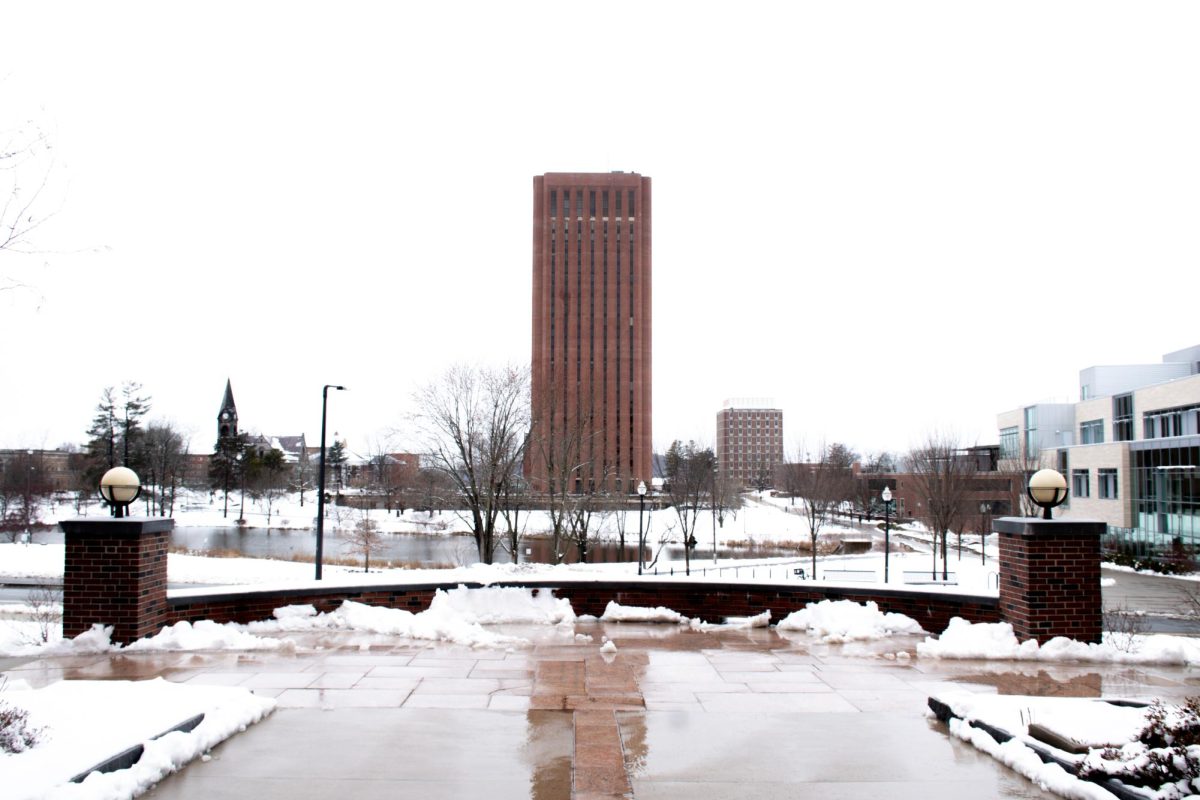I remember going through the college application process vividly. The mounting pressure to apply and choose a school felt insurmountable. During this time, I can recall several moments when my parents expressed sympathy over the fact that my application period was much different than the one they faced around 30 years ago. For me and my peers, the expectations of colleges had skyrocketed by the time it was our turn to be seniors in high school. The illusion of making the perfect choice of where to spend my next four years was constantly at the forefront of my mind; it carried a weight much heavier than I had expected. Now more than ever, I believe parents and students alike are obsessed with finding that “perfect” college, which has made the task intensely competitive. I don’t mean for this article to discount the importance of going to college; I truly believe furthering one’s education is a beautiful thing for those who truly desire it. That being said, I do worry that this race to succeed is harming young adults and their perception of their own self-worth.
More students are enrolling in college today than in past decades, at a rate of double what it was in 1970. Despite this, the completion rate has been left nearly unchanged at 38 percent completing a bachelor’s degree in four years. Having gone through this ordeal recently, it seems to me that some young adults are pushed into applying and attending college, though this type of education may not be best suited for them. From the moment I started my freshman year of high school, it was made clear that everything I did from that day onward would be in service of this greater achievement. Personally, I am very content in my college experience, but I believe that this narrow view of adulthood can coax students into participating in something that may not be best for their own development.
If this was an issue of merely attending college and discovering it isn’t right for that particular student, I don’t believe it would be nearly as detrimental. Electing not to continue one’s education now carries a much harsher connotation, something I’ve witnessed as students discuss people they know who “have no direction.” Why have we created such a singular view of success? Increasingly, society has solidified this notion of a distinct path for everyone to take, putting forth the idea of a sole route for accomplishing a person’s goals.
The age of passively going to college in hopes of determining what you might want to do is over; the monetary cost is simply too great. From 2012 to 2017, private education costs rose by 12 percent, with public universities following close behind with an increase of six to eight percent. The price of tuition is expected to continue escalating in the coming years, leaving little room for the students who are uncertain of their place on college campuses. By assigning such an oppressive financial burden to students, the necessity of discerning a direction multiplies tenfold. Much to the detriment of young adults, we have continued to lose these periods of self-discovery to the cruel effects of debt and uncertainty.
There may not be a clear solution to this issue. The perception of a college education making or breaking a person’s entire life is deeply engrained in our society. Though I personally find fulfillment in school, not every young adult can. This time period of perpetually applying pressure on every student to go to college must end. We cannot continue to vilify those who choose other paths, especially in consideration of the great financial cost associated with following the masses. As a society, we must all learn to recognize disparate methods of succeeding in the world. Success cannot be a “one size fits all” method. Rather than discouraging and shaming those who do not fit the mold, a cultivation of respect and understanding might go a long way toward encouraging young people to proceed into adulthood in the manner that is best for them.
Jake Russian is a Collegian columnist and can be reached at [email protected].




















Ed Cutting • Feb 23, 2018 at 12:27 pm
You really need to look at the 5-year graduation rate because 120 credits in 4 years is 15 per semester, five courses which have to be scheduled around part-time jobs while meeting all the prereq requirements. For a lot of the STEM majors, it’s unrealistic to try to graduate in 4 years.
John Aimo • Feb 22, 2018 at 1:58 am
Coddling a person only foster’s weakness and second the ‘society’ owes nothing to others and the fact of reality and life is that most people aren’t successful. In terms of ‘going to college equals success’ for one it doesn’t, somehow college won’t magically make someone successful, even people who attend ivy league colleges can fail because ultimately success or failure depends on the merit of the person.
Most people will be ordinary, have ordinary jobs and have ordinary lives. They won’t do anything exceptional, they won’t be wealthy/rich, they won’t become powerful , they won’t have high status, they won’t make a scientific discovery, they won’t write a great book of literature.
The fact is statistically these things are very rare because most people are average. Perhaps we as a society should encourage people to embrace their mediocrity and aspire to adequateness